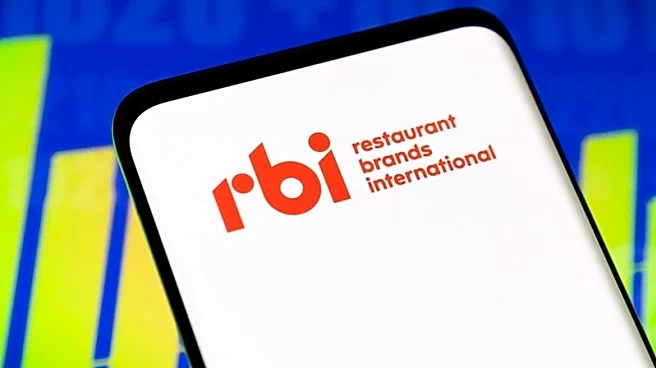What is the story about?
What's Happening?
Students from northern states who studied Agriculture, Biology, and Chemistry in higher secondary classes have raised concerns with the Indian Council of Agricultural Research (ICAR) and the University Grants Commission (UGC) regarding their exclusion from B.Sc. Agriculture admissions. Despite clearing the Common University Entrance Test (CUET), these students are being denied admission by over 27 universities, which require Physics, Chemistry, and Mathematics or Physics, Chemistry, and Biology for eligibility. ICAR Director-General Mangi Lal Jat held a virtual meeting with Vice-Chancellors, resulting in some universities agreeing to review their admission norms. ICAR facilitates admissions to approximately 60 agricultural universities through CUET, holding a 20% quota in these institutions.
Why It's Important?
The exclusion of students who studied agriculture-related subjects in school from B.Sc. Agriculture courses has significant implications for the agricultural education sector. This issue affects approximately 10,000 students from Rajasthan alone, potentially limiting their career opportunities in agriculture. The intervention by ICAR and the willingness of some universities to review their admission criteria could lead to more inclusive policies, benefiting students with a background in agriculture. This development is crucial for ensuring that students interested in pursuing agricultural studies are not disadvantaged by rigid admission requirements.
What's Next?
Following the virtual meeting convened by ICAR Director-General Mangi Lal Jat, seven universities have agreed to enroll students with agriculture backgrounds in their B.Sc. Agriculture courses based on entrance examination results. Further consultations with respective boards of management are expected, as universities consider adjustments to their admission criteria. Continued advocacy by MLAs and public representatives may influence more universities to adopt inclusive policies, potentially leading to broader changes in admission practices across the country.
Beyond the Headlines
The situation highlights the broader issue of educational access and the need for alignment between school curricula and higher education admission requirements. It raises questions about the role of state governments in shaping educational policies and the importance of accommodating diverse educational backgrounds in university admissions. The ongoing dialogue between ICAR and universities may set a precedent for future policy adjustments, promoting inclusivity in agricultural education.
















